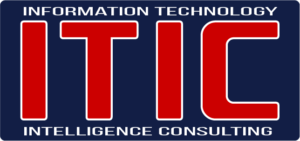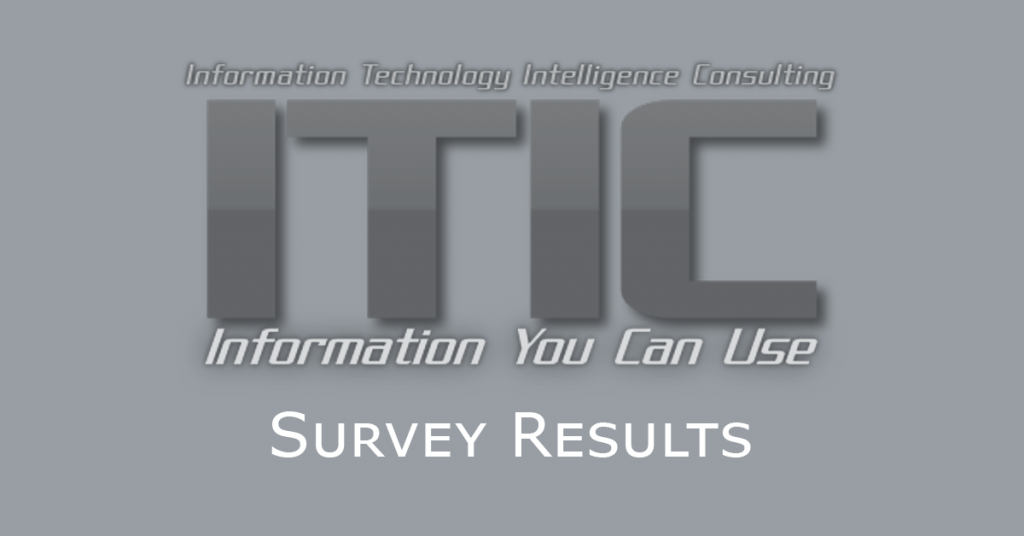IBM AIX v7 and Windows Server 2008 R2 Highest Security Marks
Nine out of 10 — 90% — of the 470 respondents to ITIC’s 2010-2011 Global Server Hardware and Server OS Reliability survey rated the security of Microsoft’s Windows Server 2008 R2 and IBM’s AIX v7 as “Excellent” or “Very Good.” This was the highest security ratings out of 18 different Server Operating System distributions (See Exhibit below). Three-quarters or 75% of survey participants gave HP UX 11i v3 “Excellent” or “Very Good” security ratings; this was the third highest ranking of the 18 major server OS distributions polled. This was followed by Ubuntu Server 10 and Debian GNU/Linux 5, which tied for fourth. Seven out of 10 survey participants — 71% — of those polled ranked the two most popular open source distributions’ security as “Excellent” or “Very Good.” Red Hat Enterprise Linux v 5.5 and Novell SuSE Linux Enterprise 11, the two most widely deployed Linux distributions trailed Debian and Ubuntu but were nearly tied with each other in security rankings. Just over two-thirds — 67% — of Red Hat users rated its security as “Excellent or Very Good” while 66% of survey participants judging Novell SuSE Linux Enterprise 11 security to be “Excellent” or “Very Good.”
Some 58% of Apple Mac OS X 10.6 survey respondents rated its security as “Excellent” or “Very Good,” putting it at the bottom of the pack, beating only Oracle’s Solaris 10 which was rated “Excellent” or “Very Good” by 63% of respondents, which in the past two years has been notching modest gains among corporate users.
Also noteworthy was the fact that only a very small percentage of respondents gave thumbs down “Poor” or “Unsatisfactory” security grades to their server operating system vendors. In this category, Apple had the highest percentage of respondents – 7% — who gave its Mac OS X 10.6 both “Poor” and “Unsatisfactory” marks. This might appear puzzling to some since Apple’s users have long touted the security of the platform. Apple users have long boasted about the fact that there are far fewer viruses and malicious code written targeting Macs compared to Windows. However, now that Apple is once again re-emerging as a significant presence in corporate networks, the Mac OS X 10.6 will no longer enjoy the “security by obscurity” that it claimed as a standalone consumer OS. Macs, iPhones, iPads and tablets are becoming mainstream staples as business tools. Hence, the number of exploits, including such malware as worms, Trojans and bots that target the Mac is increasing commensurately. Apple will have to respond accordingly with tighter security. …
ITIC 2011 Reliability Survey: Users Give IBM AIX v7, Windows Server 2008 R2 Highest Security MarksRead More »

